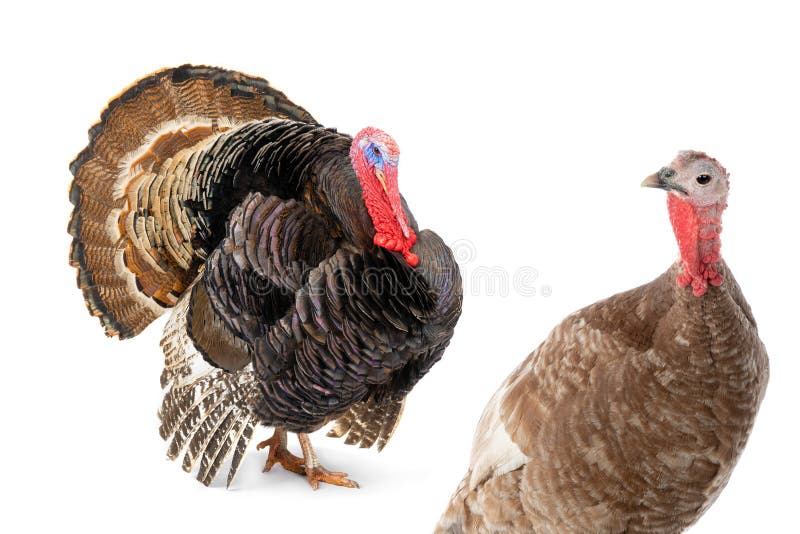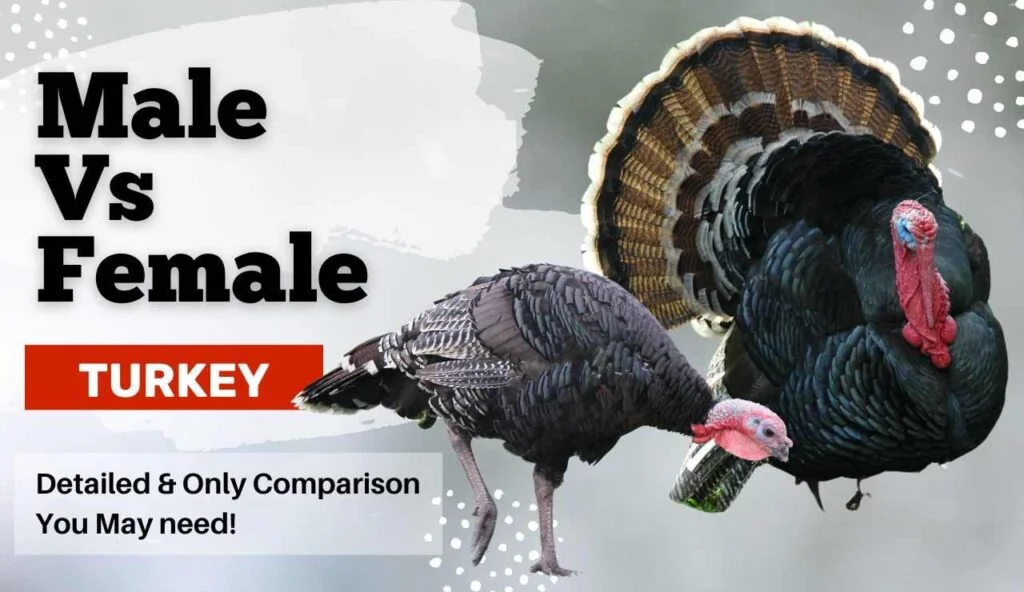When it comes to Turkey male and female names, there's a rich tapestry of history, culture, and tradition that shapes the naming conventions in this vibrant country. Turkish names often reflect the deep-rooted heritage of the region, drawing inspiration from historical figures, nature, and even mythology. Understanding these naming conventions can provide valuable insights into Turkish culture and society.
Turkish names are not just labels; they carry significant meaning and symbolism. Whether you're exploring Turkey male and female names for cultural interest, planning to name a child, or simply fascinated by linguistics, this guide will delve into the nuances of Turkish naming traditions. From popular names to lesser-known gems, we'll explore the diversity and beauty of names in Turkey.
As we navigate through this article, you'll discover how Turkey male and female names have evolved over time, influenced by historical events, religious practices, and modern trends. This exploration will help you appreciate the depth and significance of Turkish names, making it a valuable resource for anyone interested in this fascinating topic.
Read also:Dancing With Stars Voting
Table of Contents
- Understanding Turkish Naming Traditions
- Popular Turkey Male and Female Names
- Historical Influences on Turkey Male and Female Names
- Religious and Mythological Names in Turkey
- Modern Trends in Turkey Male and Female Names
- Regional Variations in Turkish Names
- The Meaning Behind Turkey Male and Female Names
- Legal Aspects of Naming in Turkey
- Tips for Choosing Turkey Male and Female Names
- Conclusion: Celebrating Turkey Male and Female Names
Understanding Turkish Naming Traditions
Origins of Turkey Male and Female Names
Turkish naming traditions have deep historical roots, with names often reflecting the country's rich cultural heritage. Turkey male and female names are influenced by a variety of factors, including historical events, religious beliefs, and linguistic evolution. For example, many names derive from the Ottoman Empire era, where Arabic, Persian, and Turkish influences merged to create a unique naming style.
In modern times, Turkey male and female names continue to evolve, blending traditional elements with contemporary trends. This fusion results in a diverse array of names that cater to various preferences and cultural backgrounds.
Significance of Names in Turkish Culture
In Turkish culture, names hold significant meaning and are often chosen carefully to reflect family values, aspirations, or personal traits. Turkey male and female names are not merely identifiers but serve as a connection to one's heritage and identity. Parents often select names that embody positive qualities such as strength, wisdom, or beauty.
For instance, names like "Ahmet" (meaning "praised") and "Ayşe" (meaning "moon") are popular choices due to their positive connotations and cultural significance. These names not only resonate with personal values but also align with broader societal norms and expectations.
Popular Turkey Male and Female Names
Top Turkey Male Names
When it comes to Turkey male names, certain names consistently rank high in popularity. Below is a list of some of the most beloved male names in Turkey:
- Mustafa
- Mehmet
- Ali
- Yasin
- Emir
These names are cherished for their cultural relevance and meaningful associations. For example, "Mustafa" means "the chosen one," while "Mehmet" is a variation of Muhammad, both carrying deep religious significance.
Read also:Distance Of 5k Run In Miles
Top Turkey Female Names
Turkey female names are equally diverse and meaningful. Here are some of the most popular choices:
- Elif
- Emine
- Gülteşe
- Şehnaz
- Zeynep
Names like "Elif" (meaning "the first letter of the Arabic alphabet") and "Zeynep" (a variation of Jane) are celebrated for their elegance and cultural significance. These names often reflect the beauty and grace associated with Turkish femininity.
Historical Influences on Turkey Male and Female Names
The historical context of Turkey male and female names plays a crucial role in shaping naming conventions. The Ottoman Empire, in particular, left an indelible mark on Turkish names, introducing Persian and Arabic influences that remain evident today. During this period, names like "Sultan" and "Fatma" gained prominence, symbolizing power and prestige.
Post-Ottoman Turkey saw a shift towards more secular names, driven by Atatürk's reforms. This period encouraged the adoption of names rooted in Turkish language and culture, fostering a sense of national identity. As a result, Turkey male and female names today represent a blend of historical influences and modern sensibilities.
Religious and Mythological Names in Turkey
Islamic Influence on Turkey Male and Female Names
Islam has profoundly influenced Turkey male and female names, with many names derived from Islamic texts and traditions. Names like "Osman" (a variation of Uthman) and "Fatma" (the Prophet Muhammad's daughter) are popular choices due to their religious significance. These names often reflect devotion and faith, making them meaningful choices for many families.
Mythological Names in Turkish Culture
Beyond religious influences, Turkish mythology also contributes to the naming tradition. Names inspired by ancient legends and folklore, such as "Demir" (meaning "iron") and "Nergis" (a type of flower), add a mystical dimension to Turkey male and female names. These names often evoke images of strength, beauty, and natural elements, enriching the cultural tapestry of Turkish names.
Modern Trends in Turkey Male and Female Names
In recent years, modern trends have begun to influence Turkey male and female names. Globalization and increased exposure to international cultures have led to the adoption of more diverse names. For instance, names like "Liam" and "Emma," popular in Western countries, are gradually gaining traction in Turkey.
Despite these influences, traditional names continue to dominate, reflecting a balance between preserving cultural heritage and embracing contemporary trends. This duality ensures that Turkey male and female names remain both meaningful and relevant in today's globalized world.
Regional Variations in Turkish Names
Regional differences in Turkey contribute to the diversity of male and female names. In Eastern Turkey, for example, names with Kurdish or Armenian influences are more common, while Western regions tend to favor names rooted in classical Turkish traditions. These regional variations highlight the rich cultural mosaic that defines Turkey's naming customs.
The Meaning Behind Turkey Male and Female Names
Every Turkey male and female name carries a specific meaning, often reflecting the values and aspirations of the family. For example, the name "Can" means "life" or "soul," symbolizing vitality and energy. Similarly, "Sevgi" means "love," embodying affection and warmth. Understanding the meanings behind these names provides deeper insight into Turkish culture and values.
Legal Aspects of Naming in Turkey
Turkey has specific legal regulations governing the naming of children. The Turkish Civil Code mandates that names must not violate public order or morality, ensuring that chosen names align with societal norms. Additionally, the government maintains a registry of approved names, providing guidance to parents during the naming process.
Tips for Choosing Turkey Male and Female Names
Selecting the right Turkey male and female name involves careful consideration of various factors. Here are some tips to help you make an informed decision:
- Research the meaning and origin of potential names.
- Consider family traditions and cultural significance.
- Ensure the name is easy to pronounce and spell.
- Balance traditional and modern elements to create a unique identity.
- Consult with family members to ensure consensus.
By following these guidelines, you can choose a name that resonates with personal and cultural values, creating a lasting legacy for the child.
Conclusion: Celebrating Turkey Male and Female Names
Turkey male and female names offer a fascinating glimpse into the country's rich cultural heritage and evolving traditions. From historical influences to modern trends, these names reflect the dynamic nature of Turkish society. By exploring the meanings, origins, and significance of these names, we gain a deeper appreciation for the importance of naming in shaping individual and collective identities.
We invite you to share your thoughts and experiences with Turkey male and female names in the comments section below. Your insights can enrich this discussion and provide valuable perspectives for others. Additionally, feel free to explore other articles on our site for more information on Turkish culture and beyond.
For further reading, consider consulting authoritative sources such as the Turkish Ministry of Culture and Tourism or academic publications on linguistic and cultural studies. These resources can provide additional depth and context to your understanding of Turkey male and female names.


